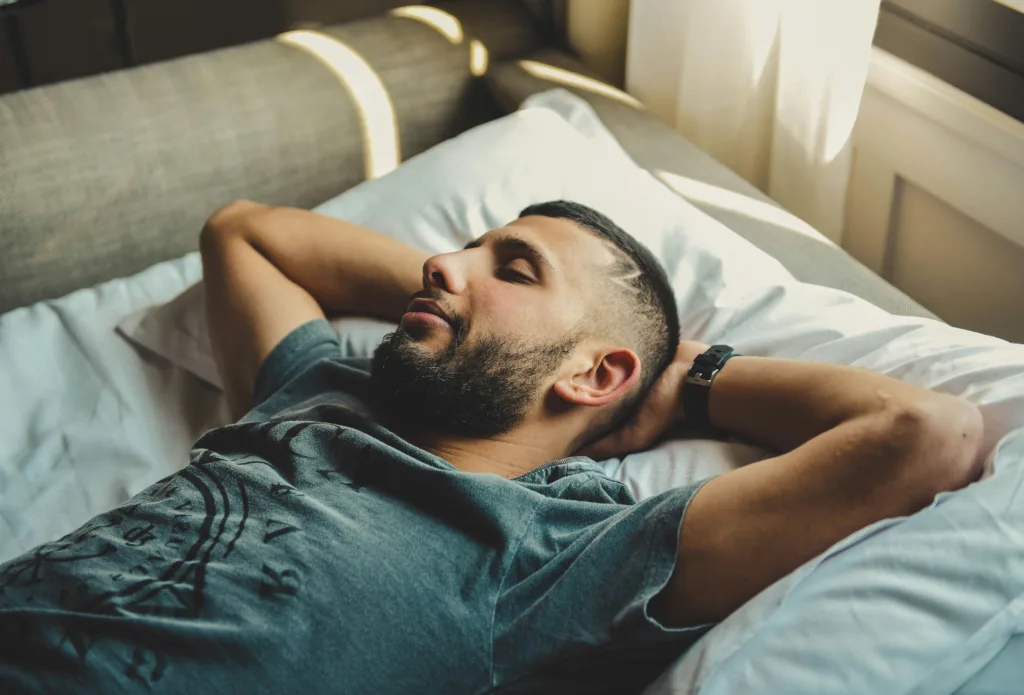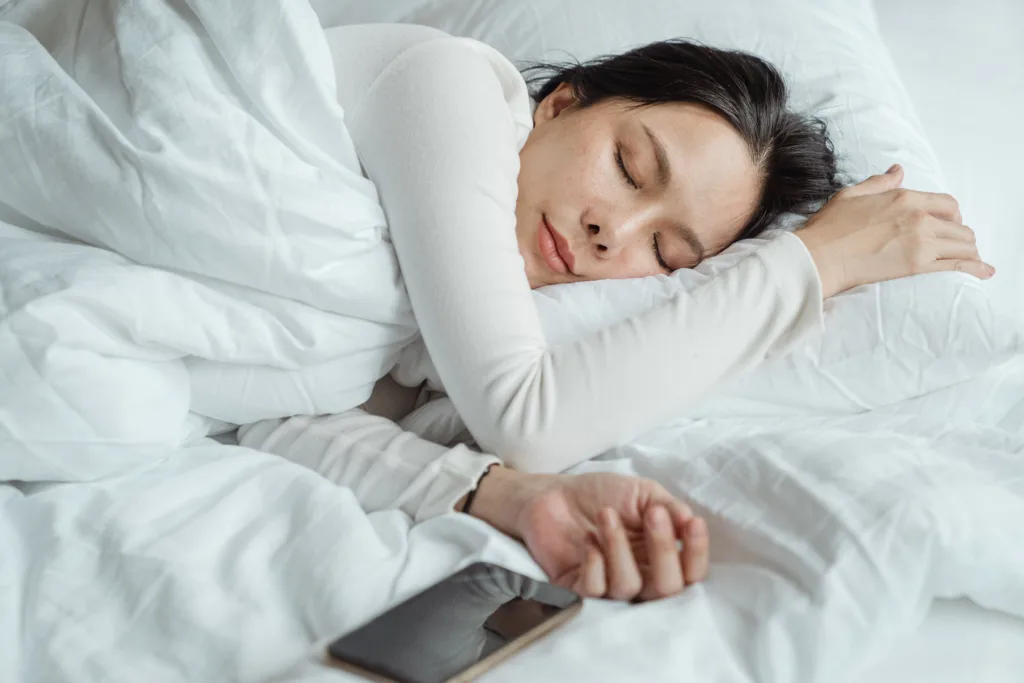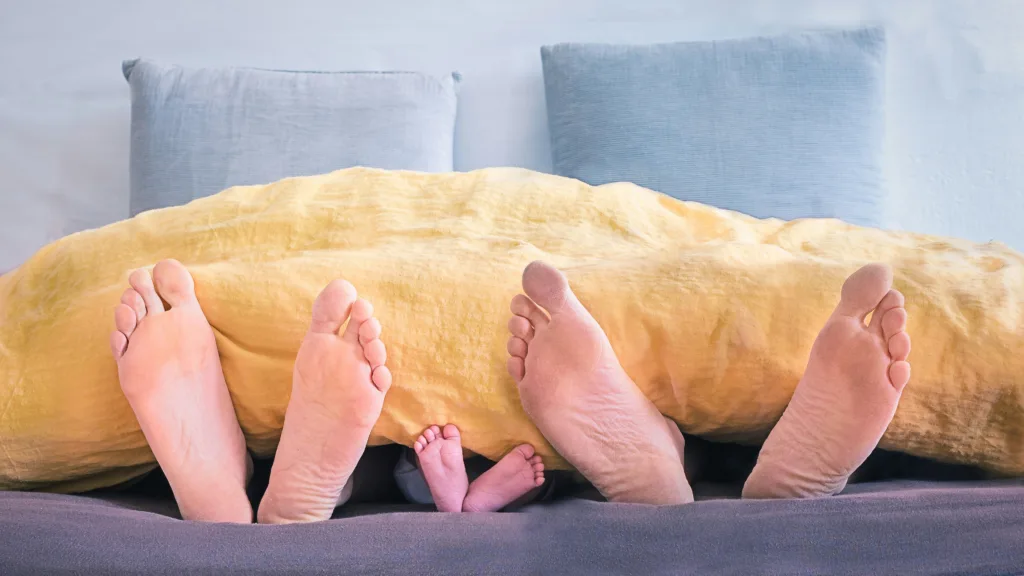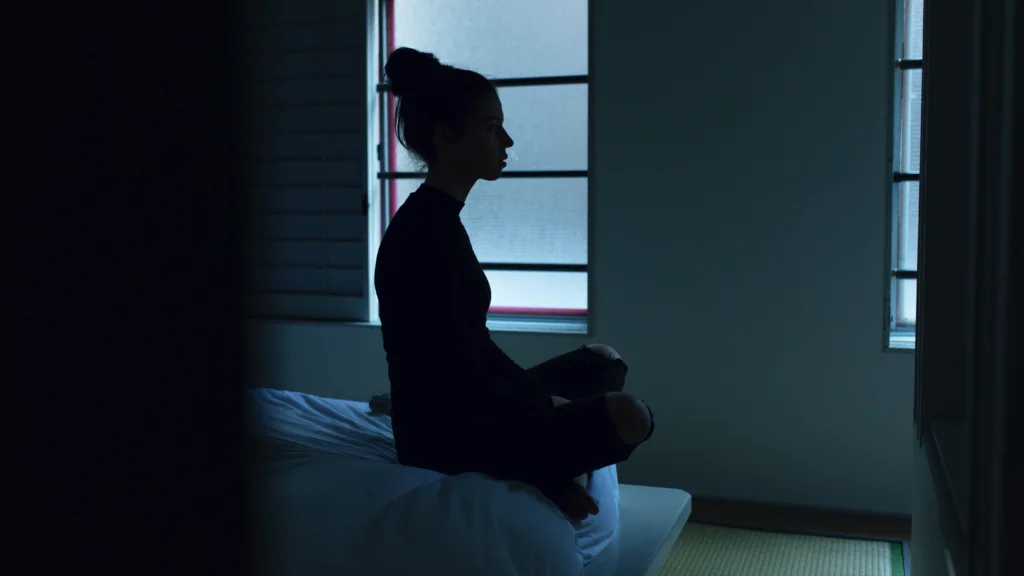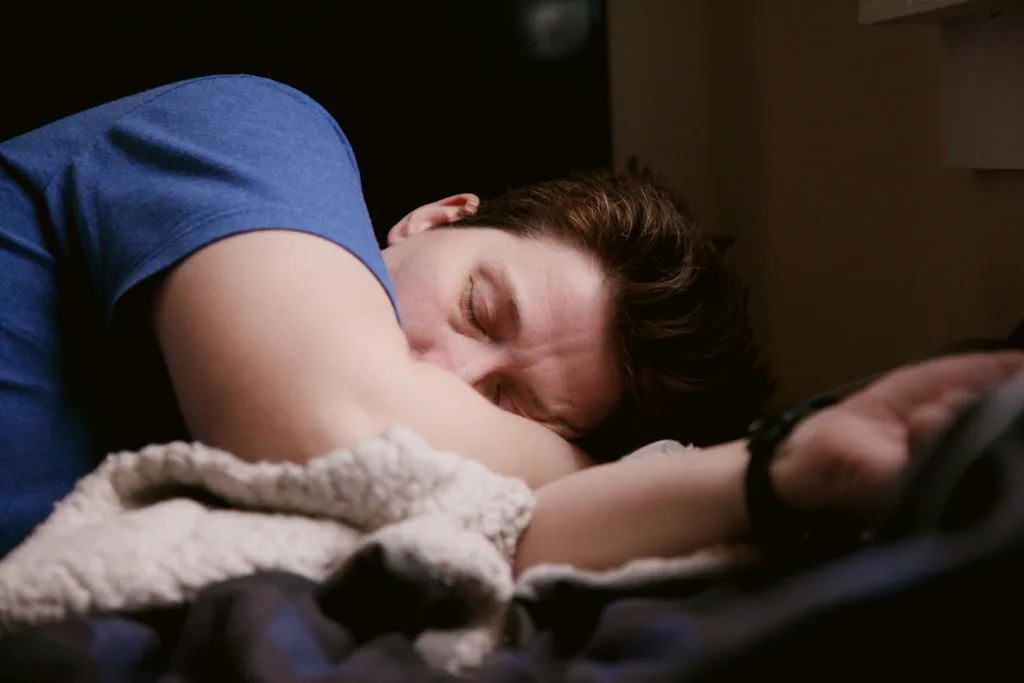Getting a decent night's sleep is crucial to improving physical, mental and spiritual health for Indigenous peoples.
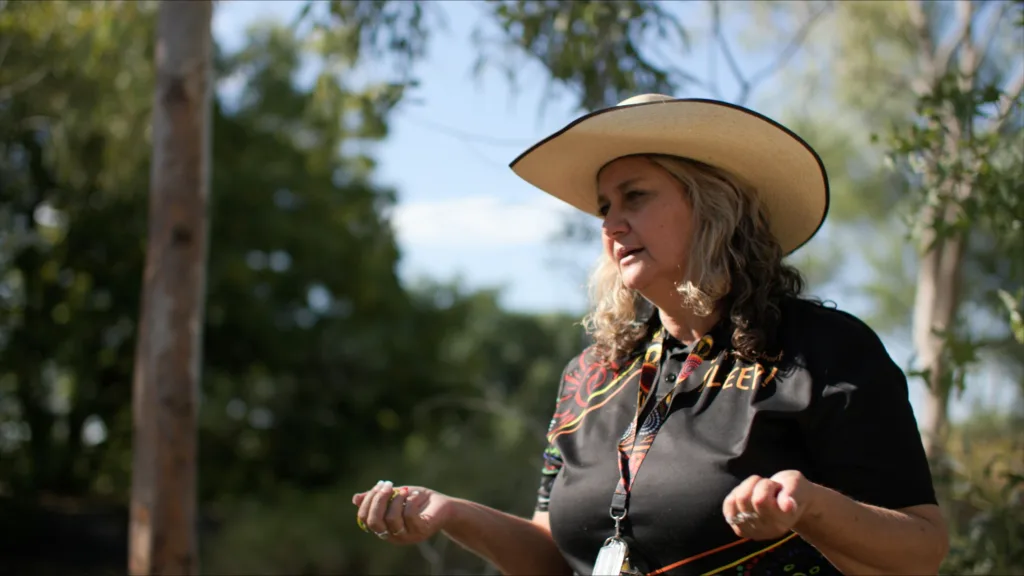 Roslyn Von Senden, a Kalkadoon woman from Mount Isa, is involved in a programme to improve sleep health in Indigenous communities. : University of Queensland CC BY 4.0
Roslyn Von Senden, a Kalkadoon woman from Mount Isa, is involved in a programme to improve sleep health in Indigenous communities. : University of Queensland CC BY 4.0
Getting a decent night’s sleep is crucial to improving physical, mental and spiritual health for Indigenous peoples.
Dreams play a significant role in the lives of Indigenous people in Australia.
Many believe dreams are a vehicle to connect with their ancestors, enable them to get guidance and ideas for expressing their creative abilities through singing, dancing, and artwork and maintain a connection to the spiritual realm.
Because of this, and the fact that it’s a biological necessity for maintaining good physical and mental health, getting a decent night’s sleep is crucial to improving health in Indigenous communities.
However, the lack of sleep health resources and services that respond to cultural needs and align with Indigenous worldviews often results in undiagnosed or unmanaged sleep issues in Indigenous peoples.
As Roslyn Von Senden, a Kalkadoon woman from Mount Isa who is involved in a programme to improve sleep health in communities, said: “Sleep loss deprives us of opportunities to connect with our culture, our ancestors and who we are as traditional custodians of the world’s oldest surviving culture. That leads to poor emotional and mental health, affects our wellbeing and results in chronic conditions.”
First Nations sleep research is a burgeoning field, with the evidence to date consistently suggesting high rates of poor sleep in Indigenous people across the world.
Poor understanding of the impact of sleep loss, limited availability of specialist sleep services and trained staff, inadequate sleep environments, and other social determinants of health significantly contribute to poor sleep in Indigenous communities.
Globally, three in five of adults struggle with poor sleep, significantly impacting their health and wellbeing.
Though strategies for prioritising sleep health should target everyone, investing in the sleep health of Indigenous peoples who experience a disproportionately high rate of poor health is critical for achieving health equity.
There is growing advocacy to improve sleep health awareness and service delivery in Indigenous communities.
Let’s Yarn About Sleep is Australia’s first sleep programme that addresses the current challenges in sleep health promotion and service delivery in Australian Indigenous communities.
The programme was designed in consultation with community members, service providers and health professionals.
These consultations highlighted that in addition to the physical and mental health impact, for Indigenous peoples, sleep also impacts their spiritual health.
Guided by these rich conversations, the programme integrated scientific evidence on sleep health with Indigenous cultural and traditional knowledge to address behavioural sleep issues in teenagers, including delayed bedtime, excessive use of devices and inconsistent sleep and wake times.
The programme offers visual tools, such as totem animal artworks to explain the impact of sleep loss on different body parts and functions, a walk on Country to learn about bush food and bush medicine to improve sleep, Indigenous relaxation training and Dreamtime stories.
A key priority of the programme is to strengthen local capacity for sleep health service delivery. The programme has trained Indigenous sleep coaches to help community members get a good night’s sleep.
The sleep coaches work with participants to understand contextual, behavioural and health-related factors affecting their ability to get a good night’s sleep.
Based on this information, the sleep coach helps the participant identify sleep health goals they’d like to achieve from the programme and supports the participant in achieving them.
While the programme primarily focuses on introducing sleep health, a key component of the programme is strengthening cultural connections.
One of the programme sessions includes a walk on Country helps participants get information on bush food and bush medicine to improve their sleep health. The last session covers an Indigenous relaxation training, Sleep for Strong Souls, that helps calm the mind and relax the body for good quality sleep.
The programme has received unprecedented support from community members.
It has shown significant improvement in participants’ knowledge and understanding of sleep, sleep hygiene and practices and a significant reduction in bedtime usage of electronic devices.
Local schools have adopted the programme as a key extracurricular activity for improving students’ sleep health.
There are now plans for other sleep-related projects, such as local diagnosis and management of obstructive sleep apnoea, which is a highly prevalent yet significantly underdiagnosed condition in Indigenous Australians.
Aboriginal health workers are being trained to become sleep technologists to offer sleep apnoea care in Indigenous communities.
The team also plans to provide a programme for young children and their families to establish healthy sleep habits from an early age.
Recognising the role of poor sleep in obesity, poor mental health and cardiovascular issues, sleep health needs to be a key priority for effective prevention and management of health issues in Indigenous communities.
Programmes like this that privilege Indigenous voices and empower community members offer great potential for sustainable improvement in sleep and associated health outcomes for Indigenous peoples.
Associate Professor Yaqoot Fatima is a social epidemiologist and sleep scientist at the Poche Centre for Indigenous Health, University of Queensland.
Roslyn Von Senden is a Kalkadoon woman from Mount Isa, Community Engagement Manager for the Let’s Yarn About Sleep programme and trainee sleep coach at the Poche Centre for Indigenous Health, University of Queensland.
Dr Daniel Sullivan is a psychologist and sleep scientist at the Poche Centre for Indigenous Health, University of Queensland.
The research mentioned in this article has been supported by the Medical Research Future Fund (MRFF).
Originally published under Creative Commons by 360info™.


